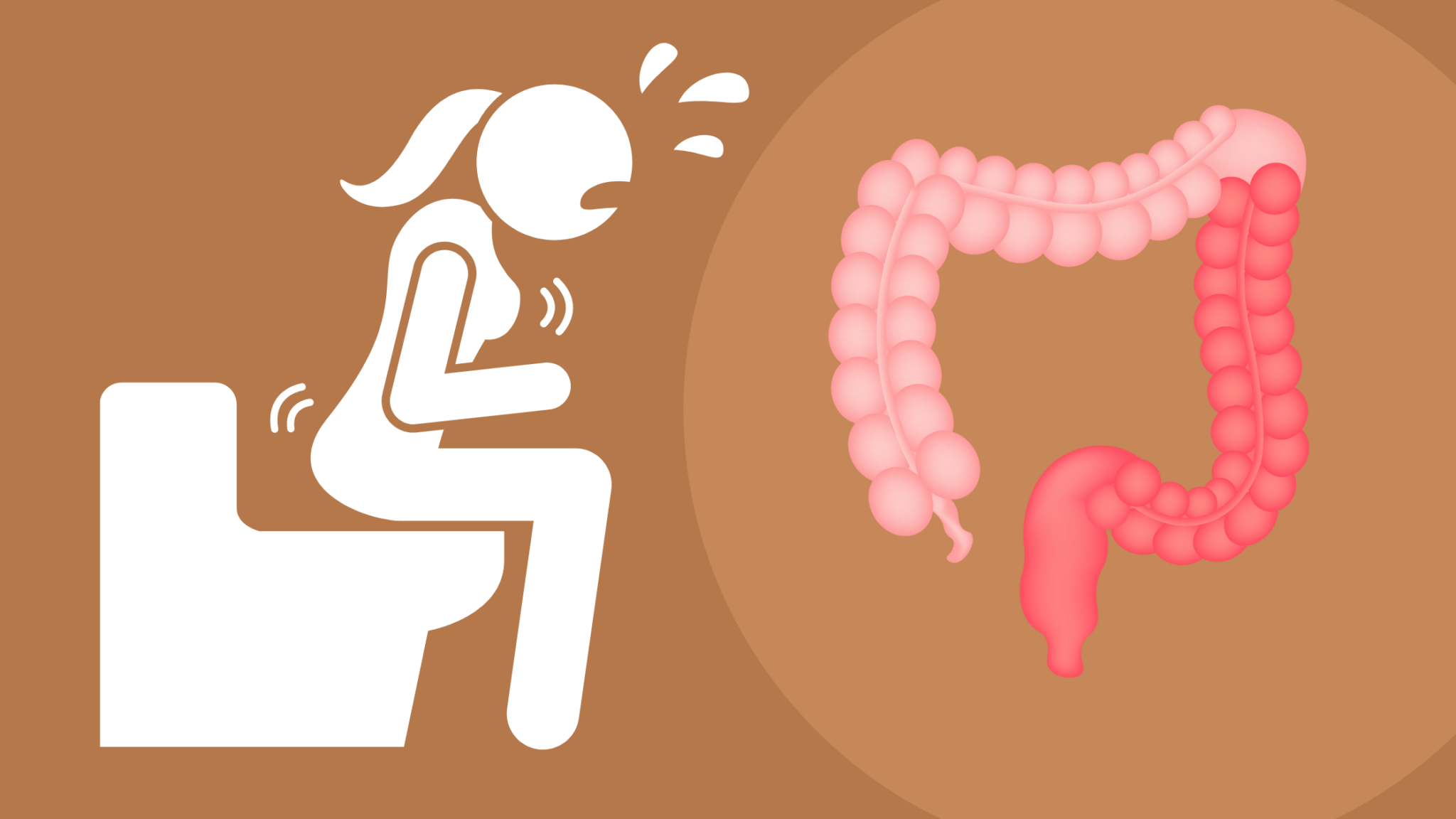Health Benefits of Eating Parsley
What is Parsley?
Parsley is an herb used for culinary and medicinal purposes. It has a bright, fresh flavor that is commonly used to season dishes such as soups, sauces, salads, and stews. Parsley is rich in vitamins A, B2, C, K, and E, along with minerals such as zinc, calcium, magnesium, iron, potassium, and phosphorus. As an herbal supplement, parsley has been used to help digestion, reduce inflammation, and even act as a diuretic.
Health Benefits of Eating Parsley
Eating parsley can offer many health benefits due to its nutrient content. Here are some of the potential benefits associated with consuming parsley:
1. Boost Your Immune System
Parsley contains high levels of vitamin C, which is essential for a healthy immune system. Vitamin C helps your body fight off infections and diseases, as well as provides antioxidant protection from free radicals.
2. Supports Healthy Digestion
Parsley is a good source of dietary fiber, which helps promote regularity and ease digestion. Because of this, parsley is often used as a natural remedy for digestive disorders such as constipation and bloating.
3. Might Help Lower Cholesterol Levels
Another benefit of eating parsley is that it may help lower cholesterol levels. Parsley contains plant compounds like apigenin and luteolin, which have been known to reduce levels of “bad” LDL cholesterol.
4. Regulates Blood Sugar Levels
Parsley contains compounds that may help regulate blood sugar levels. Studies have found that consuming parsley extract can reduce fasting blood sugar levels in people with diabetes.
5. Promote Blood Clotting
Parsley contains vitamin K, which is essential for blood clotting. Vitamin K helps the body form clots and stop bleeding when you have an injury. Getting enough vitamin K can help prevent excessive bleeding and improve wound healing time.
6. May Help Lower Blood Pressure
The potassium in parsley can help lower blood pressure by counteracting the effects of sodium. Also, parsley is rich in nitrates, which can help dilate blood vessels, improve circulation, and lowers high blood pressure.
7. Promote Bone Health
Parsley contains high levels of vitamin K and calcium, both of which are important for bone health. Eating parsley regularly may help prevent bone loss, especially in older adults. Additionally, the antioxidants in parsley may help reduce oxidative damage and keep bones strong.
8. May Keep Your Kidneys Healthy
Parsley is rich in antioxidants and compounds that help detoxify the body. In particular, parsley has diuretic properties. This means it helps the body flush out toxins and can help improve kidney function. According to research, drinking parsley tea or adding parsley to your diet may keep your kidneys healthy and reduce your risk of kidney stones.
9. Improves Your Eyesight
The vitamin A in parsley can help improve your vision. It also contains lutein and zeaxanthin, which protect eye health. This may help reduce your risk of developing age-related macular degeneration and cataracts.
10 Supports Healthy Skin
Parsley is rich in vitamins A and C, which are essential for healthy skin. Eating this herb may help improve the tone, texture, and appearance of your skin, as well as protect against UV damage.
The Bottom Line
Parsley is a nutritious herb that can be used to flavor many dishes. It also offers numerous health benefits, including boosting immunity, reducing inflammation, supporting healthy digestion, and promoting bone health. Eating parsley regularly can help you get all of the nutrients your body needs for optimal health. Make sure to buy organic parsley. Be careful not to overcook it, as this can reduce its nutritional value.
It is important to note that parsley should not be consumed in large amounts, as it can cause some side effects such as nausea, vomiting, and diarrhea. Also, pregnant women should not consume parsley, as it can stimulate uterine contractions. If you are taking any medications or have a health condition, speak to your doctor before adding parsley to your diet.
Article Sources
- Parsley-benefits & side effects on health. International Journal of Physiology, Nutrition, and Physical Education. https://www.journalofsports.com/archives/2019/vol4/issue1/4-1-308
- Farzaei, M. H., Abbasabadi, Z., Ardekani, M. R., Rahimi, R., & Farzaei, F. (2013). Parsley: a review of ethnopharmacology, phytochemistry and biological activities. Journal of traditional Chinese medicine = Chung i tsa chih ying wen pan, 33(6), 815–826. https://pubmed.ncbi.nlm.nih.gov/24660617/
- Gunn, C. A., Weber, J. L., McGill, T., & Kruger, M. C. (2015). Increased Intake of Selected Vegetables, Herbs and Fruit may Reduce Bone Turnover in Post-Menopausal Women. Nutrients, 7(4), 2499-2517. https://www.ncbi.nlm.nih.gov/pmc/articles/PMC4425157/
- Kreydiyyeh, S. I., & Usta, J. (2002). Diuretic effect and mechanism of action of parsley. Journal of ethnopharmacology, 79(3), 353–357. https://pubmed.ncbi.nlm.nih.gov/11849841/






